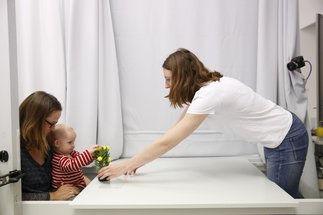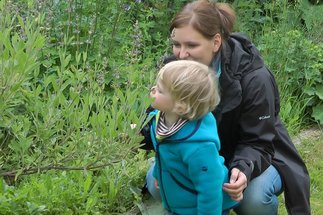Projects
The Max Planck Research Group Naturalistic Social Cognition conducts research projects investigating the behavioral strategies and social learning rules infants and young children use to acquire information about plants. Our broader aim is to understand how evolution builds learning mechanisms to acquire certain types of information over the course of development. Our research is organized into four main areas. Please click on the links below to learn more about our research projects.



